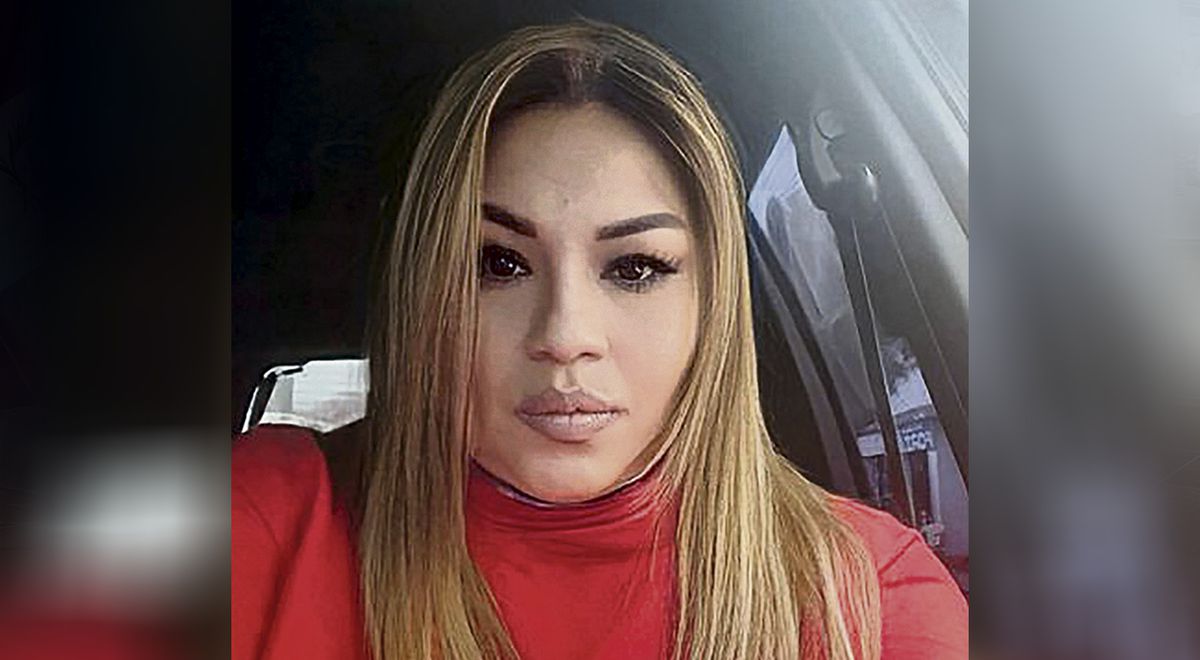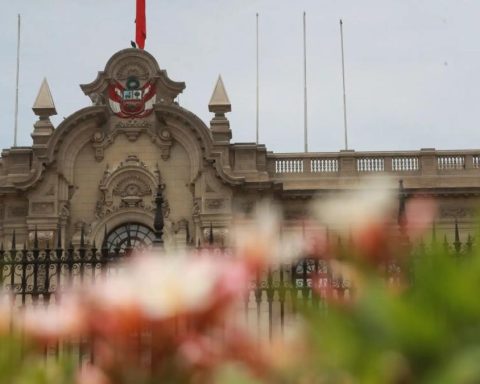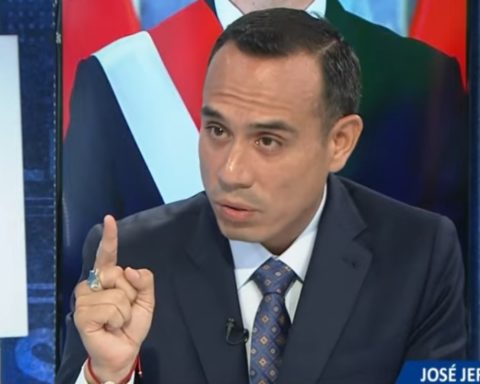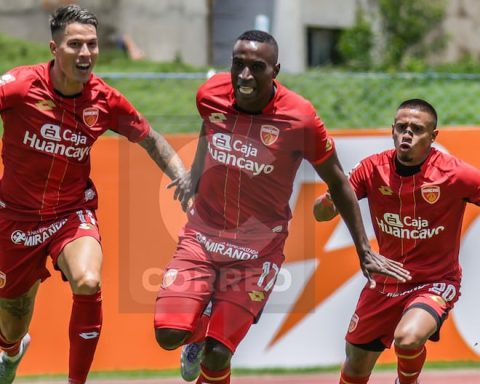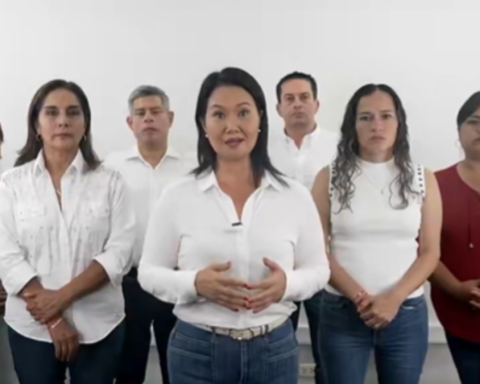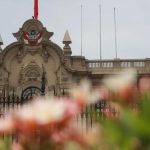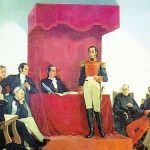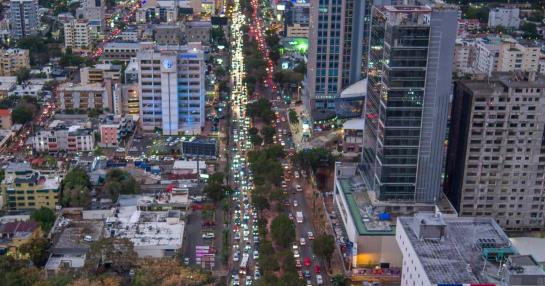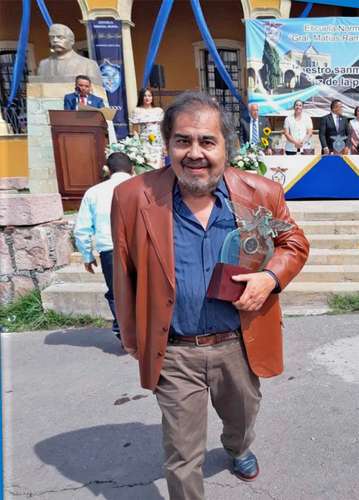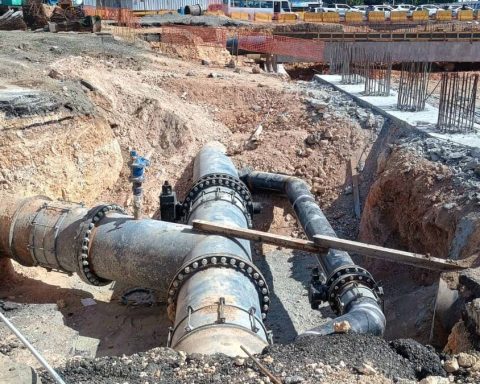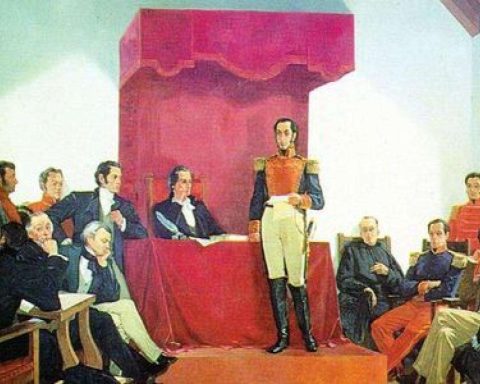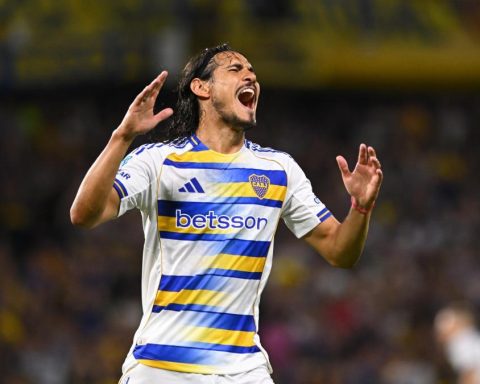The businesswoman and lobbyist investigated Karelim Lopez Arredondo has been mentioned in the case file of Cocktails against Keiko Fujimori, regarding the proselytizing activities that were carried out between 2015 and 2016 for his second and failed presidential campaign in Peru.
“[López Arredondo] appears in the activities of May 10 and 24, 2016 with two bank operations. He gave Fuerza Popular US$3,400 for the purchase of cards for the cocktail events.reported the prosecutor Jose Domingo Perez this Monday when he intervened to support the accusations of money laundering against the defendants in the Keiko Fujimori case.
According to Scotiabank records, Pérez reported, Karelim López made a first payment of US$1,400 and another of US$2,000 to the bank accounts of the Fujimori party in May of that year. “that correspond to your transfers for the purchase of 8 cards [del evento cócteles]”.
Participation of the businesswoman Karelim López in the Keiko Fujimori campaign in 2016.
López is part of the group of people who deposited money in the Fuerza Popular accounts for the 2016 presidential campaign for the purchase of said invitations, the prosecutor assured.
Another group of people who also bought tickets in that period were: Nelly Guevara Kuniyoshi, María Tempke Monteverde, Walter Chacón Málaga, among others.
Domingo Pérez and his deputy, Paulina Roque, have been arguing the accusations of money laundering since last December, approximately. First with the money laundering schemes in the 2011 and 2016 campaigns, as well as the participation of false contributors to raise funds for Keiko Fujimori’s candidacy..
“The idea was to look for people who had economic capacity. It allowed them to have direct contact with them and, eventually, when an investigation took place, they could be influenced to induce them to give false testimonies,” Roque said at the hearing.
Fragment of the fiscal accusation where Karelim López is mentioned.
In this way, Pérez took care today to expose the false contributors who were captured by Jorge Yoshiyama Sasaki and former congressman Miguel Castro Grandez, also highlighting that there were around 16 proselytizing activities between 2015 and 2016 that reported income to the Fujimori party for S / 6,263,913.
The cost of tickets for these events or “Cocktails” was between US$250 and US$350 per invitation card and some were held in a homeless venue located at 231 Manuel Olguin Avenue, in Santiago de Surco. These six “luxury” meetings allowed the party to raise just over 4 million soles.
Pre-trial phase
Judge Víctor Zúñiga Urday, of the Fourth Preparatory Investigation Court, has been controlling the pre-trial stage against Keiko Fujimori and more than 50 other defendants for various crimes. In this sense, the magistrate has been evaluating since December 2021 the evidence, supporting documents and other documents of the Prosecutor’s Office.
It is a process that can be extensive, since the defense and the Money Laundering Attorney also intervene to define which documents, witnesses and other elements may or may not go to an oral trial.
Domingo Pérez, in a previous conversation with this newspaper, had anticipated that the trial could take place in the second half of 2022 if the rhythm of the hearings scheduled by Zúñiga were maintained from 2 to 3 times a week.
The case against Keiko covers the crimes of criminal organization, illicit association, money laundering, obstruction of justice, false statement and generic falsehood.
For this file, the Prosecutor’s Office requested 30 years in prison against Keiko Fujimori and the “hard core” of the alleged criminal organization that the former presidential candidate would have headed: Pier Figari, Ana Herz Y Vincent Silva Czech.
Jaime Yoshiyama, one of the recipients of the $1,000,000 that Odebrecht handed over for the 2011 Fuerza campaign, José Chlimper and Adriana Tarazona also appear as defendants who could be sentenced to 30 years in prison.
“Odebrecht has been involved in Peru since the 1990s, when the defendant [Keiko Fujimori] She held important public positions such as first lady 1994-2000, congresswoman 2006-2011 and following as a candidate for the presidency”Pérez indicated in one of the first hearings where he upheld the crime of criminal organization.
